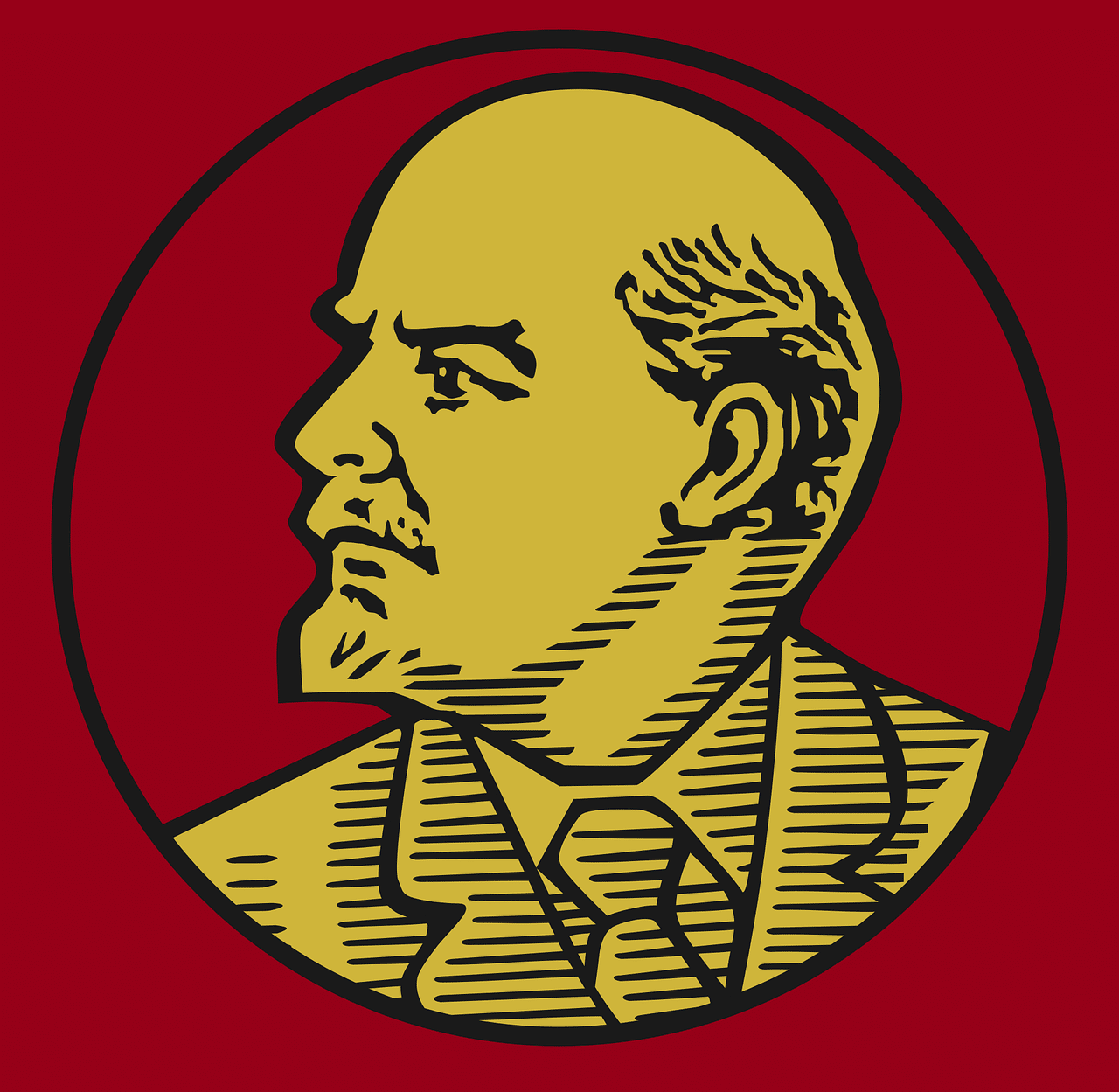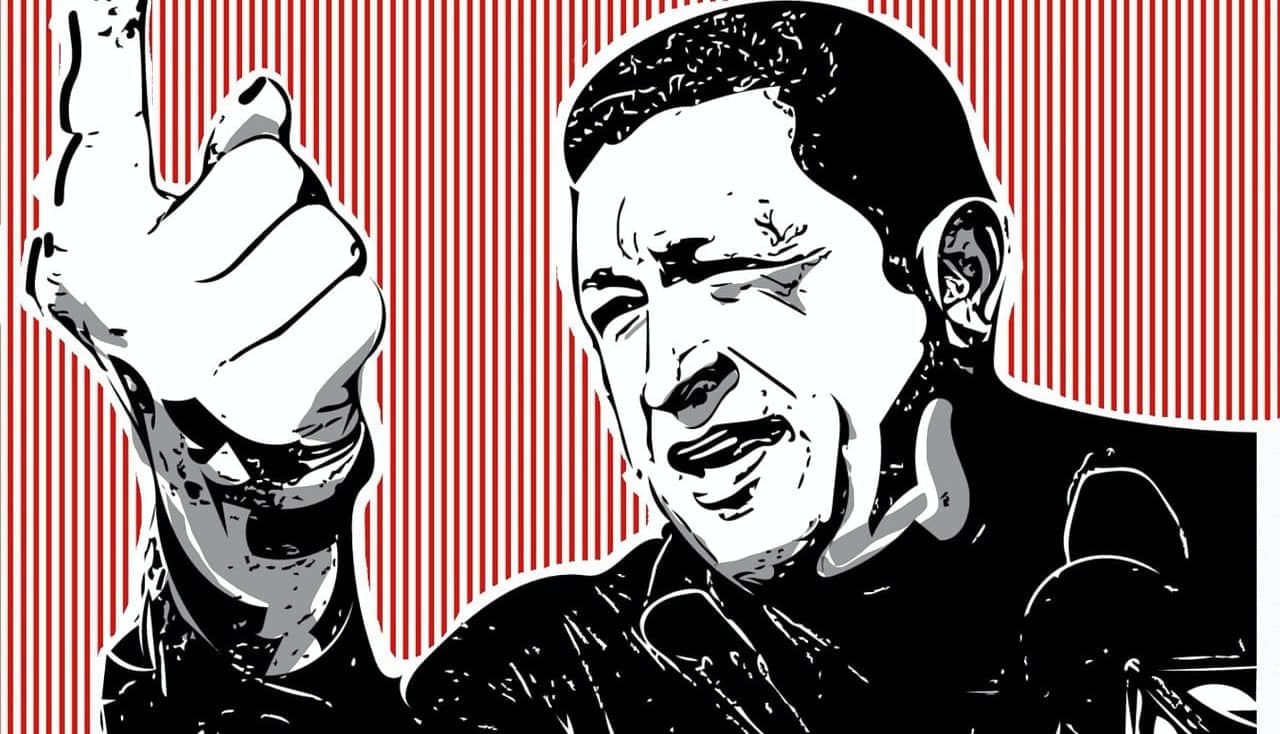
Scientific socialism and utopian socialism are two aspects of the socialist movement.
Socialism is the system in which the economy and social order are based on the management of the State and the means of production are collective. It is a way of organizing society, with different kinds of institutions, rules, etc.
This same concept is used to name the political and philosophical thought that Karl Marx developed and the group or movement that seeks to establish this type of system or that promotes the adoption of a socialist economy .
For example: "When I was studying at university, I was a firm defender of socialism" , "Many believe that Cuba should abandon socialism to grow" , "Socialism could obtain three new seats in the next elections" .
Essence of socialism
The essence of socialism is found in the broad powers of the State to make decisions regarding the economy and the way in which goods are distributed. Ultimately, according to its philosophical postulates, it is the workers and producers themselves who must manage these goods, while political institutions must be subject to the control of citizens through democratic mechanisms .
All of this means that the term socialism, used for the first time in the mid -19th century by Robert Owen (father of cooperativism ), over the centuries has been closely related to concepts such as the labor movement and the proletariat .

After the Russian Revolution that established socialism, Bolsheviks and Mensheviks competed for power in Russia.
Main references
In this sense, it is important to highlight the figures of some of the most important socialists who have existed throughout history. Among them, figures such as the German Friedrich Engels would stand out, who played a fundamental role in the creation of works that would later bring about the birth of socialism.
And the same must be said of Mijail Bakunin who served, both in Berlin , Berne and Paris , as one of the most active members of the various socialist movements that were taking place in those cities in the mid- 19th century . And that is without forgetting that it is also worth highlighting the fact that he founded the International Alliance of Socialist Democracy .
From that same period but in Spain , the figure of Pablo Iglesias Posse stands out, for example, who is considered the father of Spanish socialism as he carried out the creation of the General Union of Workers ( UGT ) and the Spanish Socialist Workers Party ( PSOE ). The latter political formation that became one of the two most important political forces in the nation.
Thus, Spain has been governed by leaders who belonged to the aforementioned PSOE such as Felipe González Márquez , who was in power from 1982 to 1996 , and José Luis Rodríguez Zapatero , who governed the country from 2004 to 2011 .
Che Guevara and Fidel Castro , leading figures of the Cuban Revolution ; Ho Chi Minh ( Vietnam revolutionary); and Rosa Luxemburg (Marxist theorist) are other important names in socialism.

21st century socialism, with references such as Hugo Chávez and Evo Morales in Bolivarianism, is characterized by its criticism of capitalism, its anti-imperialism and the promotion of sustainable development.
Socialism throughout history
Beyond these precepts, it is important to highlight that the definitions of socialism have varied throughout history and according to the person in question. It is generally held that socialism is that movement that attempts to promote the common good through state intervention and the search for a more egalitarian society through central planning.
Although, at its birth, socialism was opposed to capitalism , several decades ago movements with certain ideological nuances began to emerge. In this way, it is possible to find socialist parties that do not want to achieve revolution or abolish certain market freedoms, giving rise to a mixed economy.
Related concepts
There are various concepts that are related to socialism. One of them is communism , a system and movement that is based on the elimination of private ownership of the means of production and class struggle.
While socialism endorses certain types of private property and, as we have seen, can coexist with capitalism, communism establishes an economy planned entirely by the State (which, in turn, is administered by the Communist Party ).
Communism , in this way, advocates a workers' State which is reached through a proletarian revolution . For communists, the working class is the driving force of history.
Collectivism , on the other hand, is a doctrine that aims to eliminate individual property in order to transfer it to the community or collectivity (collective property). In this framework, the State is in charge of distributing the wealth generated with collectivization.
There are also notions linked to promoters of socialism. We speak of Marxism to refer to the doctrines developed by Karl Marx and Friedrich Engels , who are the authors of the "Communist Manifesto" and appeal to historical materialism to analyze history. There are also Leninism (which alludes to Lenin ), Trotskyism ( Leon Trotsky ), Maoism ( Mao Zedong , leader of the Chinese Revolution ) and Stalinism ( Joseph Stalin ), among other variants and currents.
